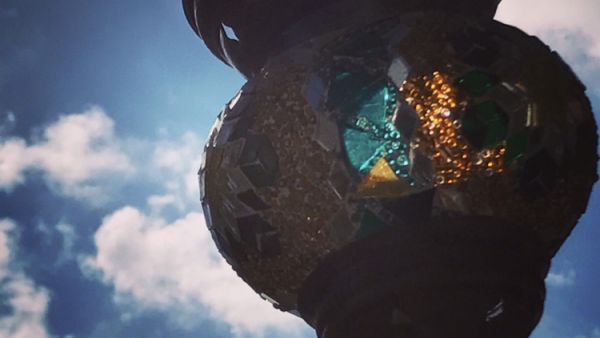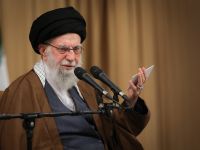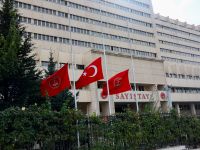By Ruba Hattar
This year MENA welcomes a new Ramadan with a different flavor. A Ramadan, where people are asked to connect while at home, to pray together from their own homes, even create their very own mini mosques for their nuclear families. A trend not so common in the communal societies of the Middle East where people have come accustomed to their own set of rituals especially during spiritual occasions and fasting.
For both Muslims, who have just started Ramadan this weekend, the month of fasting, and Arab Christians who just finished lent and celebrated Orthodox Easter, these times have always had their own family and social norms. These vary from, creating certain types of sweets, to group prayers in mosques and churches, to acts of charity and most notably family and friends’ visits and joint activities.
The Ramadan nights especially the time between iftar, the breaking of the fast at sunset, to Suhor, the last meal before dawn, have always been filled with family and friends joint card games, shisha, enjoying special Ramadan sweets and beverages and even attending Soufi Inshad performances.
This year, however, as the whole world including the Middle East is under lockdown, the group mass prayers have been cancelled and family gatherings are discouraged in favor of social distancing.
Many of Ramadan television commercials are supporting official guidance and encouraging people to appreciate health care, create their own at home activities and continue to connect virtually.
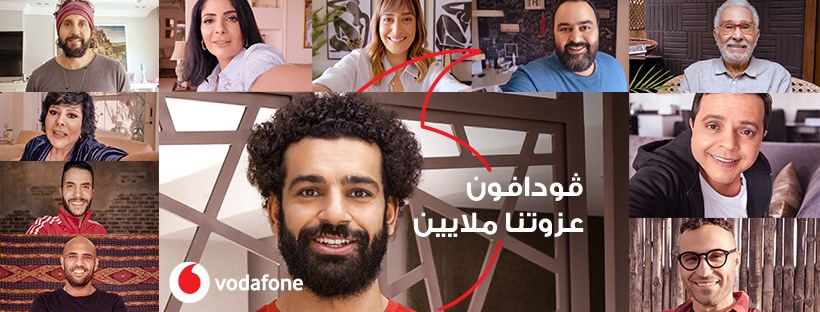
Most notable of these commercials are those of the top telecom companies; Zain, Vodafone and Telecom Egypt, employing major acting and sports celebrities like every year to emphasize their messages.
A tradition that has not changed this year thankfully though was the massive production of television shows, series and contests to entertain during the month and continue being played on TV channels until next Ramadan and a bit after.
People can enjoy cooking shows and win prizes in the morning, listen to spiritual talks from Muslim scholars and imams right before Iftar and watch a light comedy right after and end the night following a more serious drama series.
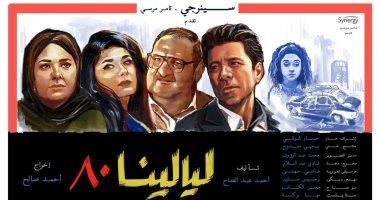
The drama series content vary from love stories, to family affairs, to regional issues. This year for example two of the series that stand out are; Layalina 80 “80s Nights” from Egypt that begins with the news of the assassination of the late Egyptian president Anwar Al-Sadat in 1981 three years after signing the Camp David Accords with Israel. The series traces the lives of middle class families in Cairo in the eighties paying great attention to the eighties fashion, popular culture, the tapes released back then for famous singers, the land telephones and even the old television and radio sets.
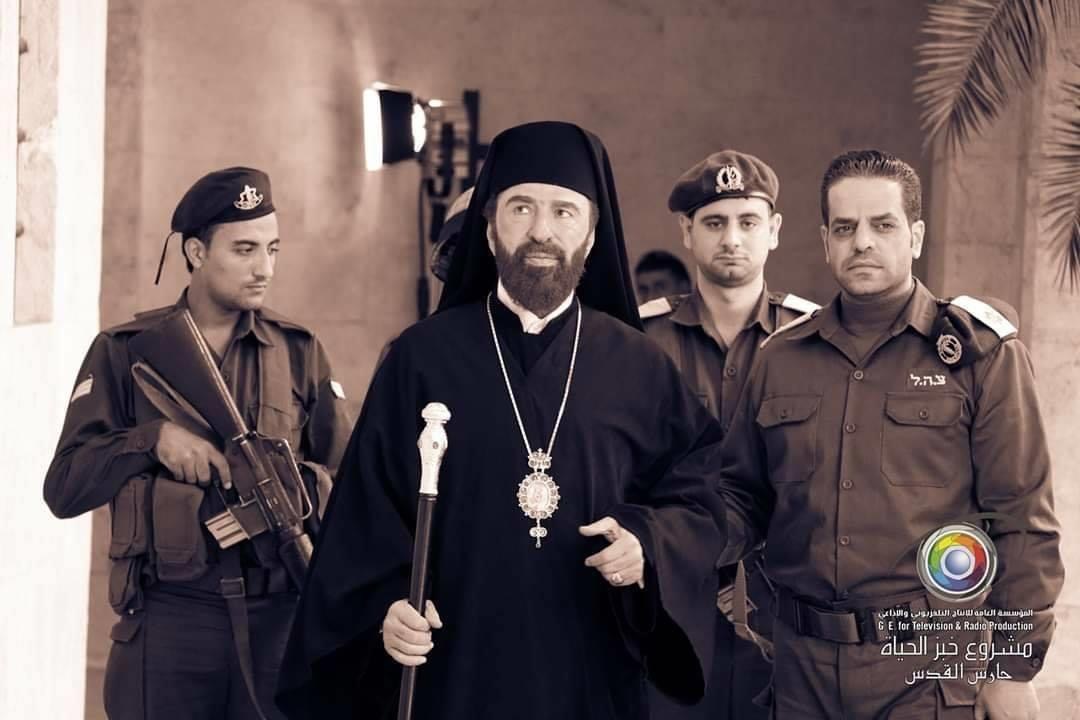
The other series is Hares Al-Quds “Guardian of Jerusalem” from Syria that traces the biography of the late ArchBishop Hilarion Capucci, a Syrian Christian cleric, born in Aleppo. Capucci became bishop of the Roman Catholic Church in Jerusalem in 1965 and was known for his positions opposing the Israeli occupation in Palestine, as he worked secretly to support the resistance. The occupation authorities arrested him in August 1974 while trying to smuggle weapons to the resistance, and a military court sentenced him to 12 years in prison. He was released after 4 years under the mediation of the Vatican, and deported from Palestine in November 1978, and after that he spent his life in exile in Rome until his death in 2017.


